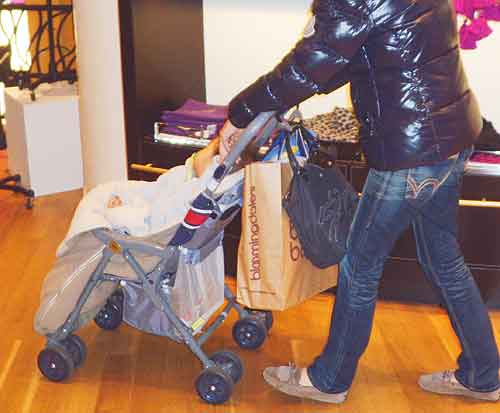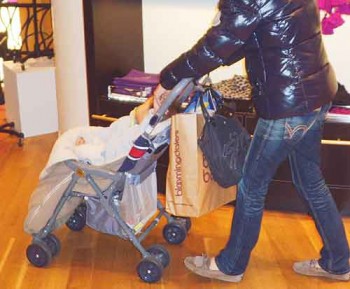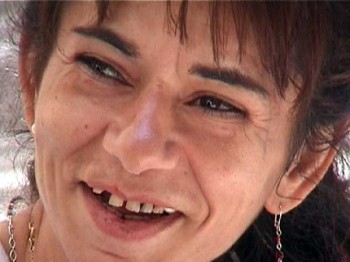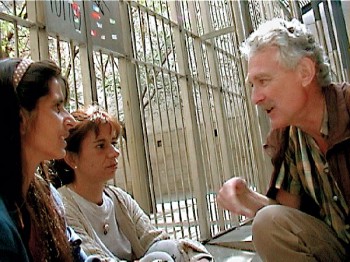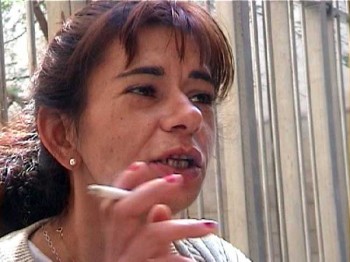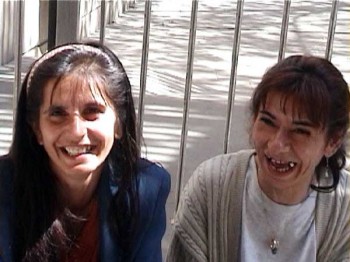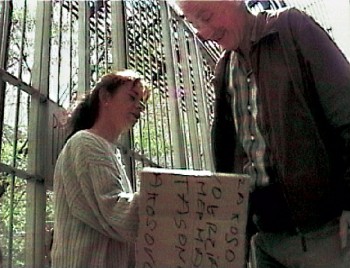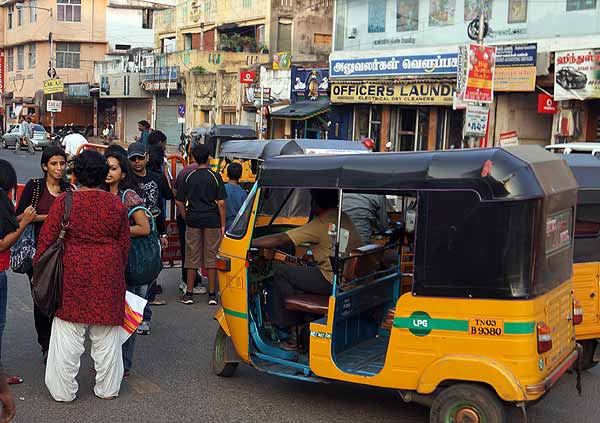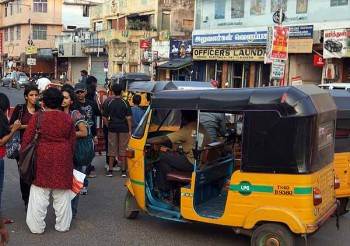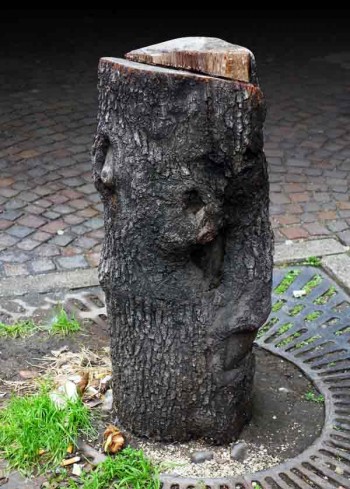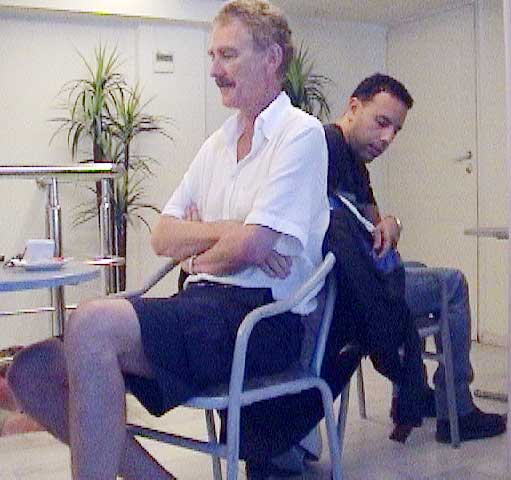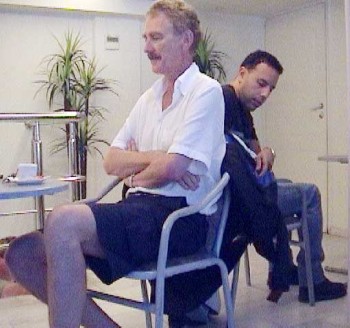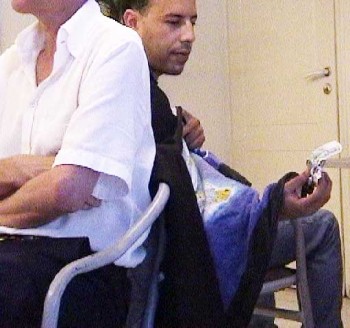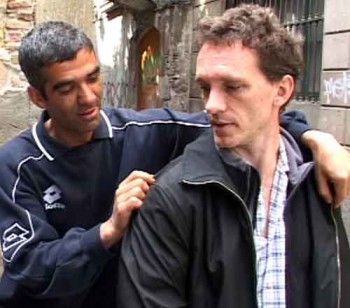
How pickpockets steal from inside jacket pockets usually involves the application of something disgusting, much like the pigeon poop pickpocket does. Occasionally, they use a baby—not to apply the gunk, but to stick its little hand into the male victim’s breast pocket.

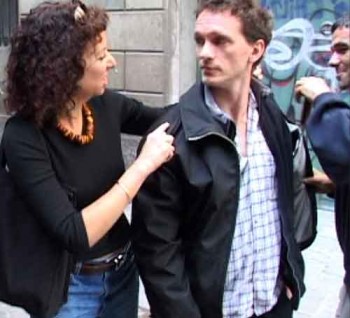
A man’s inside breast pocket is one of the safest from pickpockets. It’s one of the hardest pockets to steal from because it’s in front, up close, in a sensitive area. Unless, of course, the jacket is hanging on the back of a chair—then it’s a piece of cake.
Clever strategist pickpockets tap directly into their victims’ emotions, the hard-wired ick factor being a useful one. Bob Arno described how, as a youth, he was “stunned at the callousness of using the primeval emotion, fear, to accomplish distraction”:
“In the early sixties leprosy was still a serious threat to the populations of India and Pakistan. It was common to see sufferers in various stages of deterioration roaming the streets of Karachi, Calcutta, Bombay, and New Delhi. Banding together, they often surrounded Western visitors coming out of banks, hotels, and churches. The sight of an outstretched hand with missing or rotting fingers usually caused people to react with horror and drop some coins, if for no other reason to get the infected limbs to go away. Compassion and revulsion metamorphosed into currency. The ploy was effective, diabolical, and unique to Pakistan and the Indian subcontinent.”
This daring face-to-face technique used to steal from inside jacket pockets, no matter how brief and fleeting, is not for every thief. It takes a certain coolness to step up to your potential victim, show him a close-up of your face, and slide your hands all over his body, like a tailor. The pickpocket keeps track of multiple streams: he’s eliciting the ick factor, acting the good Samaritan, and setting up a stealthy steal literally right under the vic’s nose. He’s probably watching out for police and witnesses at the same time. He’s probably sweating.
It doesn’t always work:
Indian Shit Trick
“We were about to cross the street in Delhi,” a British traveler told me. “It was very crowded, people pushing and going in every direction. We stepped off the curb between some parked cars which were very close together. I was just concentrating on getting through them and across the street. A man bumped into my husband as we were squeezing between the cars. He followed as we crossed the street, and as we reached the other side, he pointed to my husband’s shoe. ‘Shit,’ he said. We looked down and saw it. It was shit on my husband’s shoe. The man offered to help us clean it off, but we thought we knew what he was up to. We thought it was a scam. We’d heard that they do that, then demand huge sums of money in payment, and they don’t let you go until you pay. So we said no, and walked away with shit on the shoe.”
How pickpockets steal from inside jacket pockets
Of course [the prolific and multi-talented Barcelona pickpocket] Kharem has a version of this one. He had led us into a seedy alley, long, dim, and deserted, eager to demo, at Bob’s request, his expertise on inside jacket pockets.
“I don’t want to go much further in this direction,” I said, chicken as usual.
“Don’t worry,” our interpreter soothed me. “I know where we are.” That was Terry Jones, our Barcelona-based friend and bag-snatch authority.
Kharem stopped at a graffitied niche where a stone water fountain was the sole feature.
The only jacket among the four of us on this warm spring afternoon was Kharem’s prop, the “tool” he used over his arm. He put the jacket on Terry and took a fat brown wallet from his own pocket.
“Whose is that?” I asked him.
“Mine!” he laughed, and put it in Terry’s inside breast pocket. I should have asked whose was it.
“Wait till these people pass.” A couple ambled toward us, oblivious to all but themselves.
“Shall I do it on those tourists?” Kharem asked.
“Noooo, we’ll wait,” Bob said, and the rest of us laughed nervously.
“It takes two people,” Kharem explained. “One spits into his hand, then applies the spit onto the victim’s right shoulder.” Standing behind Terry, he showed how to “help” the victim by pointing out the mess. After indicating the shoulder to Terry, who couldn’t see that far behind him, Kharem grasped the upper right sleeve with his right hand and Terry’s left lapel with his left. With both hands, he twisted the jacket slightly around to the right.
This accomplished two necessities. It successfully turned Terry’s attention far to his right, and it intentionally made vulnerable Terry’s left inside breast pocket. With perfect timing, the “pick” of the pair, approaching from the front, would then have free access to the wallet.
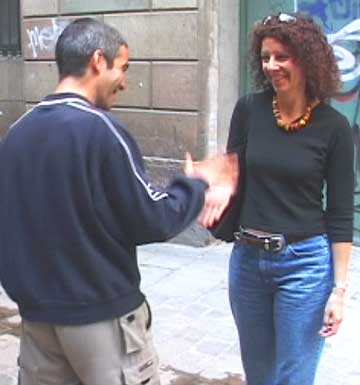
Kharem suggested I be the spitting Samaritan and, as Bob filmed and Terry cooperated, we easily stole the wallet. Kharem high-fived his new partner.
“Eeew,” I said, pulling my hand away. His was wet.
“It’s not spit!” he said. “It’s from the water fountain!” I hadn’t noticed that he’d gotten a quick drink.
Spit, shit, what’s the difference? The object is to apply a substance that the victim wants off now. Something disgusting, something staining, something smelly. In New York they use mustard. In London ice cream. Mix and match. The strategist has created his opportunity complete with an excuse to get up close and personal…to touch…to take.
Adapted from Travel Advisory: How to Avoid Thefts, Cons, and Street Scams
Chapter Seven: Scams—By the Devious Strategist


